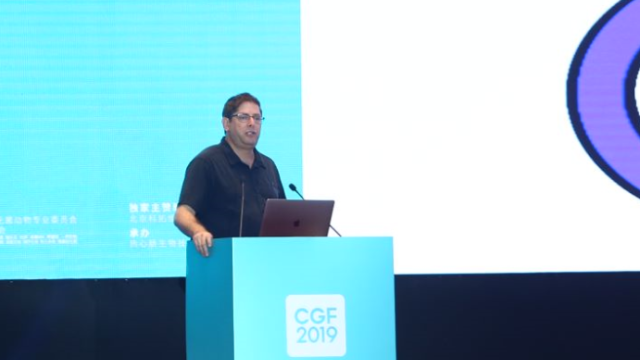Host-microbiome interactions in health and disease
The mammalian intestine contains trillions of microbes, a community that is dominated by members of the domain Bacteria but also includes members of Archaea, Eukarya, and viruses. The vast repertoire of this microbiome functions in ways that benefit the host. The mucosal immune system co-evolves with the microbiota beginning at birth, acquiring the capacity to tolerate components of the community while maintaining the capacity to respond to invading pathogens. The gut microbiota is shaped and regulated by multiple factors including our genomic composition, the local intestinal niche and multiple environmental factors including our nutritional repertoire and bio-geographical location. Moreover, it has been recently highlighted that dysregulation of these genetic or environmental factors leads to aberrant hostmicrobiome interactions, ultimately predisposing to pathologies ranging from chronic inflammation, obesity, the metabolic syndrome and even cancer. We have identified various possible mechanisms participating in the reciprocal regulation between the host and the intestinal microbial ecosystem, and demonstrate that disruption of these factors, in mice and humans, lead to dysbiosis and susceptibility to common multi-factorial disease. Understanding the molecular basis of host-microbiome interactions may lead to development of new microbiome-targeting treatments.
Eran Elinav 时长:24:17


